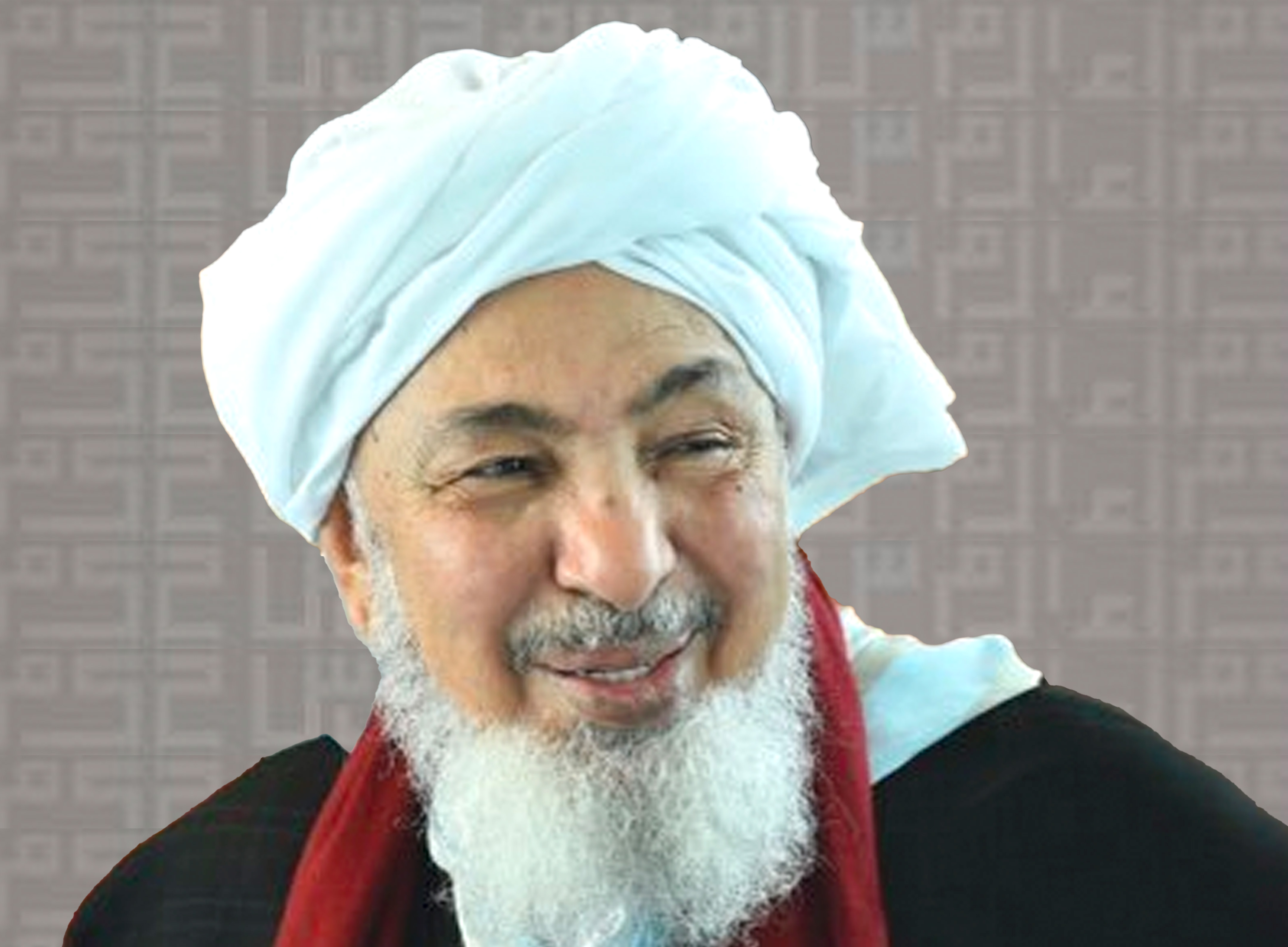
رئيس مجلس الإمارات للإفتاء الشرعي لدولة الإمارات العربية المتحدة، رئيس منتدى أبوظبي للسلم، رئيس المجلس العلمي الأعلى لجامعة محمد بن زايد للعلوم الإنسانية
معالي الشَّيخ العلامة الدكتور عبد الله بن بيَّه
هو أحد الأعضاء المؤسسين لمجلس حكماء المسلمين، ورئيس مجلس إدارة المركز العالمي للتجديد والترشيد في لندن، والهيئة الشرعية للمجلس الفرنسي للمالية الإسلامية، ويشغل عضوية عدد من المؤسسات حول العالم منها المجمع الفقهي التابع لمنظمة المؤتمر الإسلامي، واللجنة العلمية لجائزة الأمير نايف للسنة النبوية والدراسات الإسلامية، والمجلس الأعلى العالمي للمساجد برابطة العالم الإسلامي، ومؤسسة آل البيت، وغيرها.
كما تولَّى فضيلته عددًا من المناصب منها: المفوض السامي للشؤون الدينية برئاسة الجمهورية الموريتانية، وأول وزير للشؤون الدينية في موريتانيا، ووزير للتعليم الأساسي والشؤون الدينية، ووزير للعدل والتشريع وحافظ للخواتم، ووزير للمصادر البشريَّة برتبة نائب رئيس الوزراء، كما تقلَّد معاليه العديد من الأوسمة والتَّكريمات؛ منها: وسام الملك عبد العزيز من الدرجة الممتازة، ووسام الملك عبد الله الثاني بن الحسين من الدرجة الممتازة، وجائزة شنقيط فرع الدراسات الإسلامية عن كتابه "حوار عن بعد"، وجائزة محمد السادس التنويهية التكريمية للفكر والدراسات الإسلامية، بالإضافة إلى جائزة الملك عبدالله الثاني للعلماء والدعاة بالأردن.
